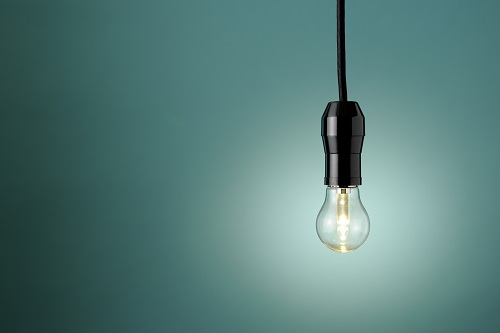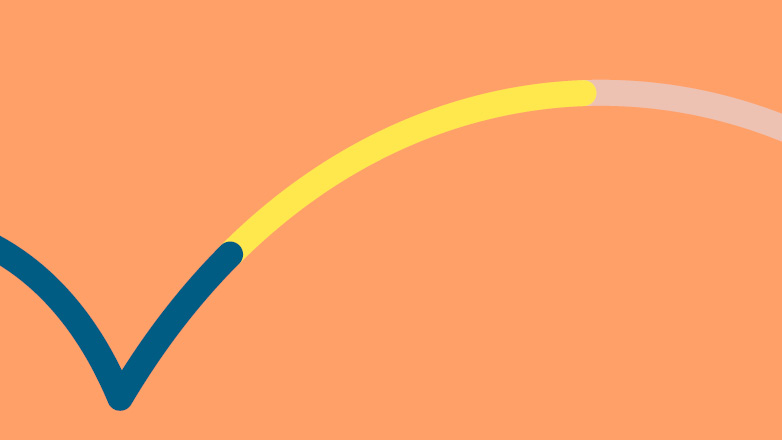Indonesia – Newly enacted patent law provides clarity and takes steps toward harmonization
Indonesia's new patent law came into effect on 28 August 2016. The country's earlier patent law, Law No. 14 enacted in 2001, had been in effect for over fifteen years. The new law resolves complications relating to unpaid annuity fees for abandoned patents, which had recently been a source of frustration for many foreign companies doing business in Indonesia. The new law also introduces some patent law principles that are now common in other key patent jurisdictions. We explain some of the most significant changes below.
Patent annuity fees
In most countries, a patent owner wishing to abandon a patent right will often cease paying annual maintenance fees on the patent, causing the patent to become abandoned in due course. Taking this approach in Indonesia had previously caused many patent owners to be subject to a debt collection action taken by the Indonesia Ministry of Finance.
Previously, annuity fees could be paid for up to three years after the annuity deadline, with abandonment occurring only after the failure to pay annuities for three consecutive years. However, Indonesia's Ministry of Finance interpreted those three years of annuity payments as an outstanding debt and sent debt collection notices directly to patent owners, even though the patent had been abandoned. In order to avoid having an outstanding dispute with the Government, many patent owners would proceed to pay the outstanding debt, without deriving any benefit from the then-abandoned patent. In some cases, the debt would amount to several thousand U.S. dollars per patent.
Under the new patent law, a patent owner is not required to pay such past-due annuities on abandoned patents. Additionally, any late payment of an annuity fee must be made within 6 months after the annuity deadline, with the possibility of extending this time period to a maximum of 12 months upon providing notice and paying additional fees. These changes will come as a welcome relief to patent owners.
Computer-related inventions
Among the types of subject matter explicitly excluded from patent protection are "rules and methods that only comprise of computer programs." This language appears to be intended to mirror the exclusion of the European Patent Convention ("EPC"), which excludes the patenting of "schemes, rules and methods for performing mental acts… and programs for computers… as such." (Art. 52(2)-(3))
Based on this language in the new patent law, it is likely that the Directorate General of Intellectual Property's approach toward computer-implemented inventions will also mirror that of the EPC, and other jurisdictions following a similar approach, where computer-implemented inventions with sufficient technical character will be patentable, provided that the other patentability requirements have also been met.
New uses for known or existing products
Inventions relating to a new use of a known or existing product are now explicitly excluded from patentable subject matter under the new law. The exclusion…



